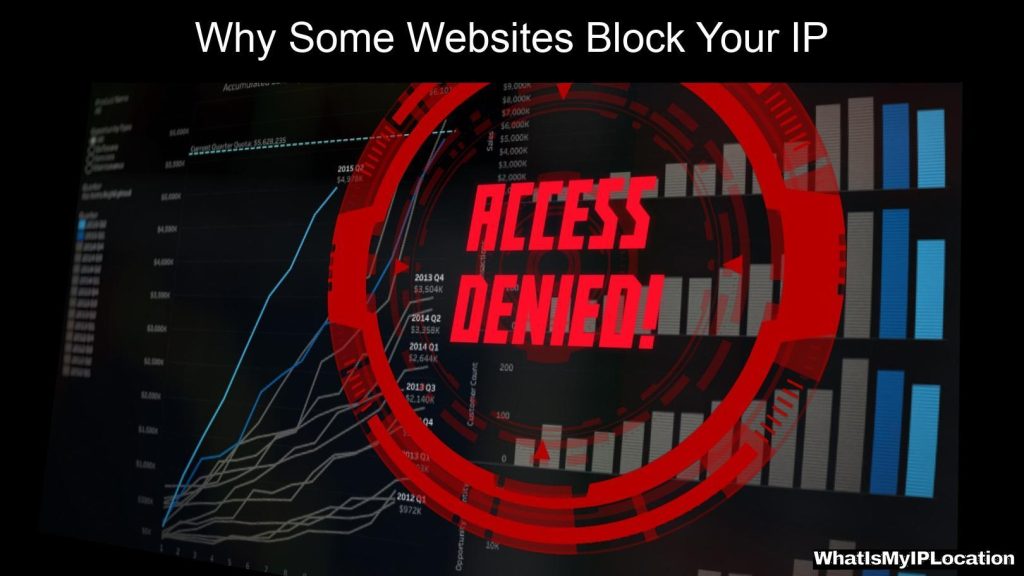Free proxies may seem appealing for anonymity, but they often compromise security, exposing users to data theft and malware risks. Exercise caution and consider the potential consequences before relying on them.
When it comes to browsing the internet, you might have heard about free proxies. They sound tempting, right? Who wouldn’t want to surf the web anonymously without spending a dime? But before you jump on the free proxy bandwagon, let’s take a closer look at what they are and why you might want to think twice before using one.
What is a Proxy?
A proxy server acts as a middleman between your device and the internet. When you use a proxy, your requests go through the proxy server first, which then fetches the information for you. This can help you hide your IP address and access content that might be restricted in your area. Sounds great, doesn’t it? But hold on—there’s more to the story.
Types of Proxies
1. Free Proxies
Free proxies are exactly what they sound like—no cost involved. You can find them all over the internet, and they promise to keep your browsing anonymous. However, they often come with a catch.
2. Paid Proxies
On the flip side, paid proxies usually offer better security, speed, and reliability. You might have to shell out some cash, but it could save you a lot of headaches down the line.
Why You Should Think Twice About Free Proxies
1. Security Risks
Using a free proxy can be like leaving your front door wide open. Many free proxies don’t encrypt your data, which means anyone can snoop on your online activities. This is especially risky if you’re entering sensitive information, like passwords or credit card numbers.
2. Data Logging
Some free proxy services log your data and browsing habits. They might sell this information to advertisers or even worse, hackers. So, while you think you’re browsing anonymously, you could be giving away your personal info without even knowing it.
3. Slow Speeds
Free proxies often have a lot of users, which can slow down your internet speed. Imagine trying to stream your favorite show, only to be stuck buffering for ages. Not fun, right? Paid proxies usually have fewer users, which means faster speeds and a smoother experience.
4. Limited Access
Many free proxies can’t bypass geo-restrictions effectively. If you’re trying to access content that’s blocked in your country, you might find that a free proxy just doesn’t cut it. Paid options often have better success rates for accessing restricted content.
5. Unreliable Connections
Free proxies can be hit or miss. Sometimes they work, and sometimes they don’t. You might find yourself constantly switching between different proxies, which can be frustrating. Paid proxies tend to offer more reliable connections, so you can browse without interruptions.
How to Choose a Proxy
If you’re still considering using a proxy, here are some tips to help you choose the right one:
1. Look for Reviews
Before you pick a proxy service, check out reviews from other users. This can give you a good idea of what to expect in terms of speed, security, and reliability.
2. Check for Encryption
Make sure the proxy you choose offers encryption. This adds an extra layer of security to your browsing and helps protect your data from prying eyes.
3. Consider Your Needs
Think about what you want to use the proxy for. If you just need to browse anonymously, a free proxy might work. But if you’re looking to stream content or access restricted sites, a paid proxy is likely the better choice.
4. Test It Out
Many paid proxy services offer free trials. Take advantage of these to see if the service meets your needs before committing to a subscription.
FAQs About Free Proxies
Q: Are free proxies safe to use?
A: Not really. Free proxies often lack security measures, which can put your data at risk.
Q: Can I use a free proxy for streaming?
A: You can, but it might not work well. Free proxies often struggle with speed and reliability, which can ruin your streaming experience.
Q: What’s the difference between a free and a paid proxy?
A: Free proxies usually come with security risks, slower speeds, and unreliable connections. Paid proxies offer better security, faster speeds, and more reliable access.
Q: How do I know if a proxy is trustworthy?
A: Look for reviews and check if they offer encryption. A trustworthy proxy will be transparent about their policies and how they handle your data.
Q: Can I use a proxy for torrenting?
A: While some proxies allow torrenting, it’s generally safer to use a VPN for this purpose. Proxies may not provide the same level of security.
While free proxies might seem like a great way to browse the internet without spending money, they come with a lot of risks. From security issues to slow speeds, the downsides often outweigh the benefits. If you value your online safety and want a

